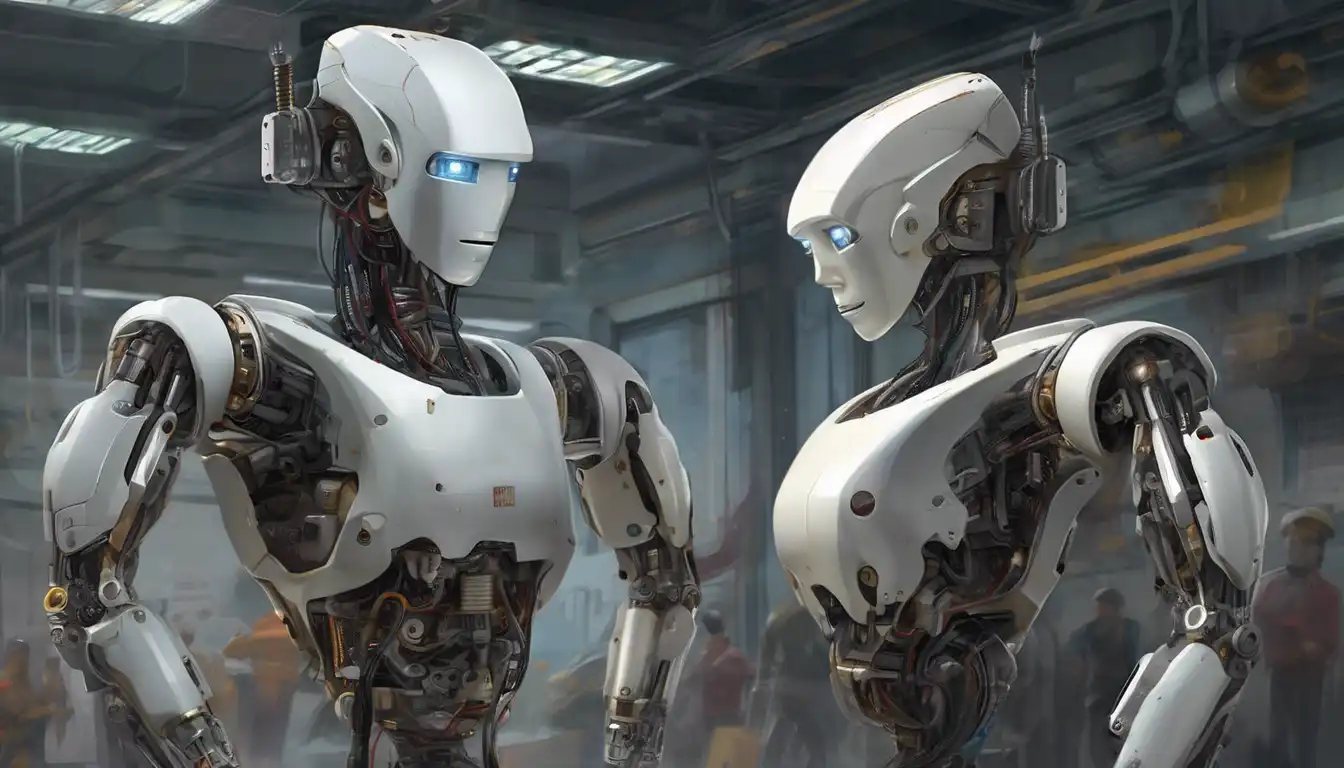Introduction to Autonomous Robots and Ethics
The advent of autonomous robots has ushered in a new era of technological advancement, raising profound ethical questions. These self-operating machines, capable of performing tasks without human intervention, are becoming increasingly prevalent in various sectors, including healthcare, manufacturing, and even domestic settings. As their presence grows, so does the need to address the moral implications of their actions and decisions.
The Core Ethical Dilemmas
At the heart of the debate are several core ethical dilemmas. Firstly, the issue of accountability: who is responsible when an autonomous robot causes harm? Secondly, the question of privacy, as these machines often collect and process vast amounts of data. Lastly, the potential for bias in decision-making algorithms poses a significant concern, as it could lead to unfair or discriminatory outcomes.
Accountability in the Age of Autonomy
Determining accountability for the actions of autonomous robots is complex. Unlike traditional machines, these robots make decisions based on algorithms and learning processes that may not be fully transparent. This opacity makes it challenging to assign blame when things go wrong, necessitating new legal and ethical frameworks.
Privacy Concerns with Data-Collecting Robots
Autonomous robots often rely on data collection to function effectively. However, this raises significant privacy concerns. Ensuring that these machines respect user confidentiality and comply with data protection laws is paramount to maintaining trust and safeguarding individual rights.
Ensuring Ethical Design and Deployment
To mitigate these ethical challenges, it is essential to focus on the design and deployment of autonomous robots. Incorporating ethical considerations into the development process can help prevent potential issues. This includes programming robots to adhere to ethical guidelines and ensuring transparency in their decision-making processes.
The Role of Bias in Autonomous Decisions
Bias in autonomous robots can stem from the data they are trained on or the algorithms that guide their actions. Addressing this requires a concerted effort to identify and eliminate biases, ensuring that these machines make fair and impartial decisions.
Looking Ahead: The Future of Robot Ethics
As autonomous robots become more integrated into society, the ethical landscape will continue to evolve. Ongoing dialogue among technologists, ethicists, and policymakers is crucial to navigating these challenges. By fostering collaboration and innovation, we can ensure that the development of autonomous robots aligns with societal values and ethical standards.
For further reading on the intersection of technology and ethics, explore our Technology and Society section.
